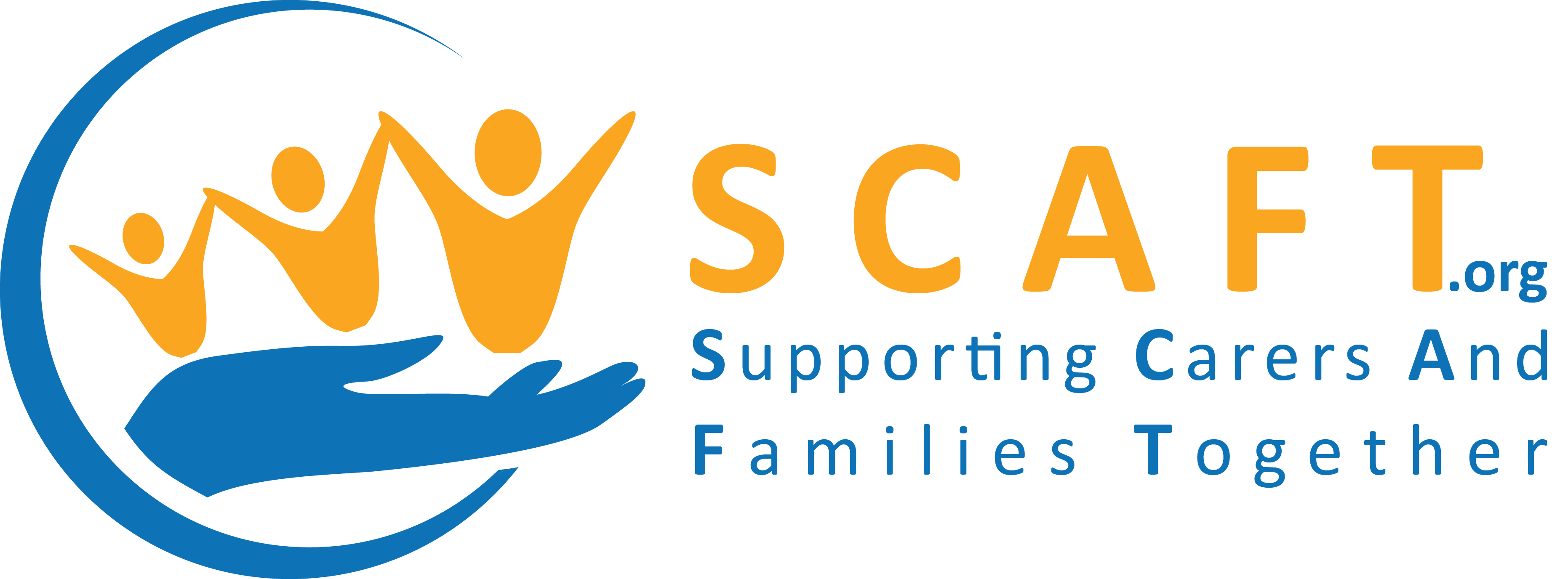 Anger is a perfectly normal and healthy emotion when it is expressed in an appropriate way, but can be very unhelpful if we let it get the better of us. When we get angry WE have a responsibility to control it, not to justify it by blaming others, however much we feel provoked.
Anger is a perfectly normal and healthy emotion when it is expressed in an appropriate way, but can be very unhelpful if we let it get the better of us. When we get angry WE have a responsibility to control it, not to justify it by blaming others, however much we feel provoked.
Everyone has a physical reaction to anger and our bodies give us hints when we begin to get angry. Learn to recognise what your body is telling you; your heart might start beating faster or harder, you might breath faster, start to tense up or clench your fists. When you know how your body reacts you can start to take steps to manage your feelings; it’s not always easy but you can do it.
Count to 10 – Counting to yourself gives you time to think through how you’re going to react and whether it’s really appropriate or helpful
Breath deeply – Whilst counting concentrate on your breathing, slow it down by taking a deep breath, holding it for a couple of seconds and then slowly exhaling. Repeat this as you count to yourself
Walk away – Although it’s not always appropriate or possible, walking away from the situation to compose yourself and think through your response can be a more productive way of managing your immediate anger
Take time to exercise and relax – Reducing our stress levels can have a big impact on our anger, making time for ourselves to get some exercise or undertake a relaxing activity can make a huge difference to how often and how strongly we feel angry. Try taking a walk, spending time with a pet, doing something creative or reading.
Avoid drugs and alcohol – Using substances like drugs or alcohol might give the illusion of helping you to manage your anger better or to relax but neither of these will really help. Substances like this actually reduce your inhibitions and make it more likely that you will not be able to control yourself when angry.
If you find anger is becoming a regular problem, affecting how you relate to others and having a negative impact on your life, whether at school, work or at home then you may need some extra help to manage it better. You could talk with someone you trust at school, ask to see one of SCAFT’s support workers as part of our One2One service in schools, call Childline or use the Kooth app to access online support if you’re under 18. If you are 18 and over you could see your GP or try the free Therapy for You service from the NHS.
